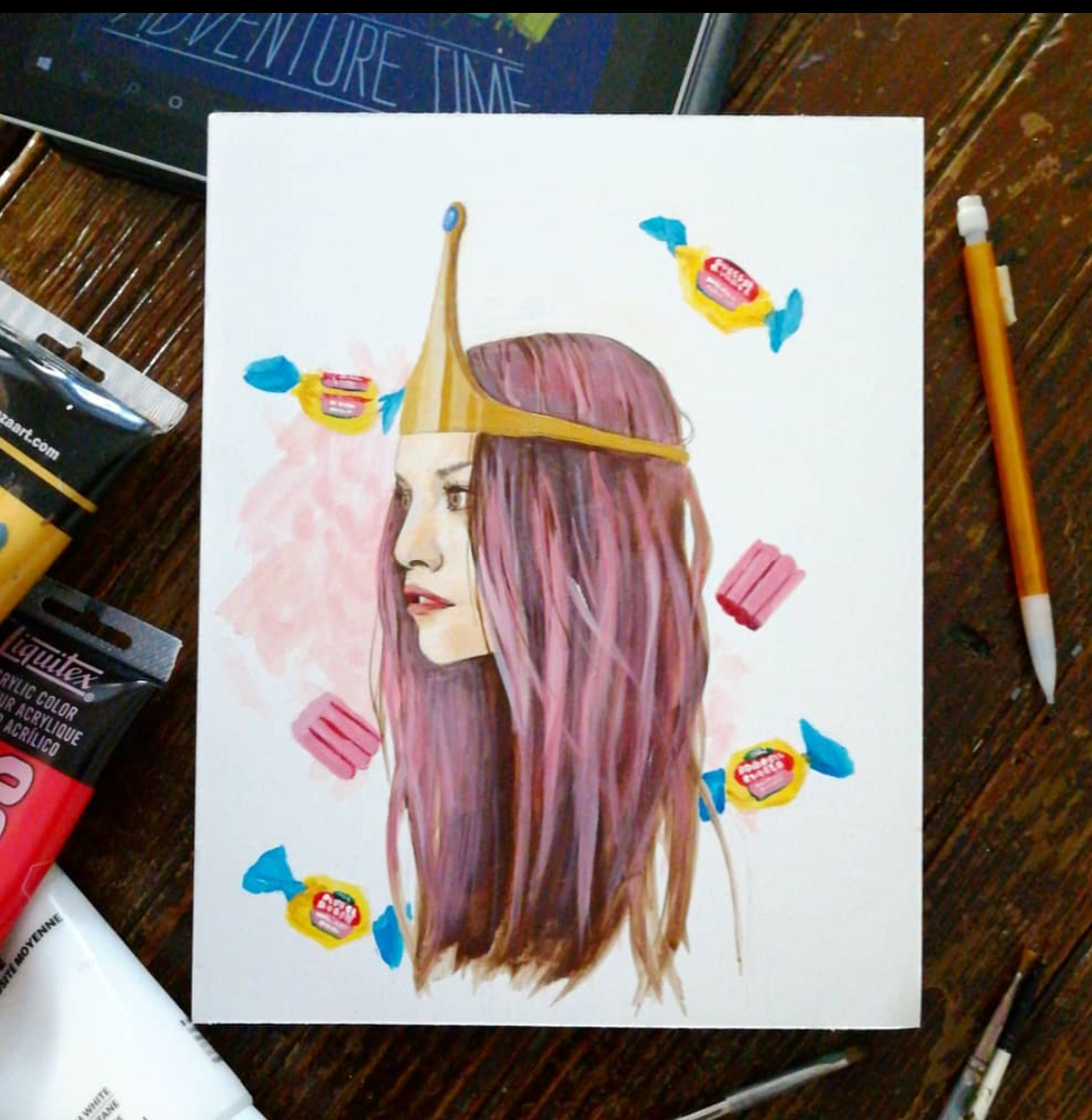Princess Bubblegum (an Adventure Time character) is a pink bubblegum that rules a candy kingdom and a scientist who made cognizant candies! A feminine character who doesn’t just sit around looking pretty; her role showcases a woman with a complicated character arc. She is an intellectual and who is periodically drunk with power, which is a dynamic role typically reserved for men in media.
Implicit bias is evident everywhere, not just in science and not just against women. Perhaps the most drastic consequences are visible in the US’s criminal justice system, where haphazard decisions destroy lives with African Americans experiencing higher rates of wrongful convictions [1], incarceration, longer sentences [2], and being the victim of police brutality [3]. While solely increasing one’s awareness of implicit bias is not always impactful (and can sometimes backfire), an in-depth intervention or interacting with people from diverse backgrounds is [4]. Unfortunately, influencing people to become more involved in communities lacking representation is not enough, especially when the community is hostile toward certain groups. Instead, one way to help is to have people with underrepresented backgrounds in high ranking positions to facilitate a more diverse and fair environment. Obviously, not all folks from underrepresented groups should be in charge, but there are incredible leaders of every single demographic. I only highlight sexism in my Princess Scientist series, but the underlying issue with prejudice is expansive. (Also, this is a complex deep rooted problem that doesn’t have an easy fix.)
[1] “Race and Wrongful Convictions in the United States.” M. Possley and K. Stephens, co-authors. The National Registry of Exonerations, Newkirk Center for Science and Society (2017)
[2] United States Sentencing Commission. (2012). Demographic Differences in Sentencing. Retrieved from https://www.ussc.gov/research/research-reports/demographic-differences-sentencing



Originally posted on Instagram June 17, 2020

No Responses